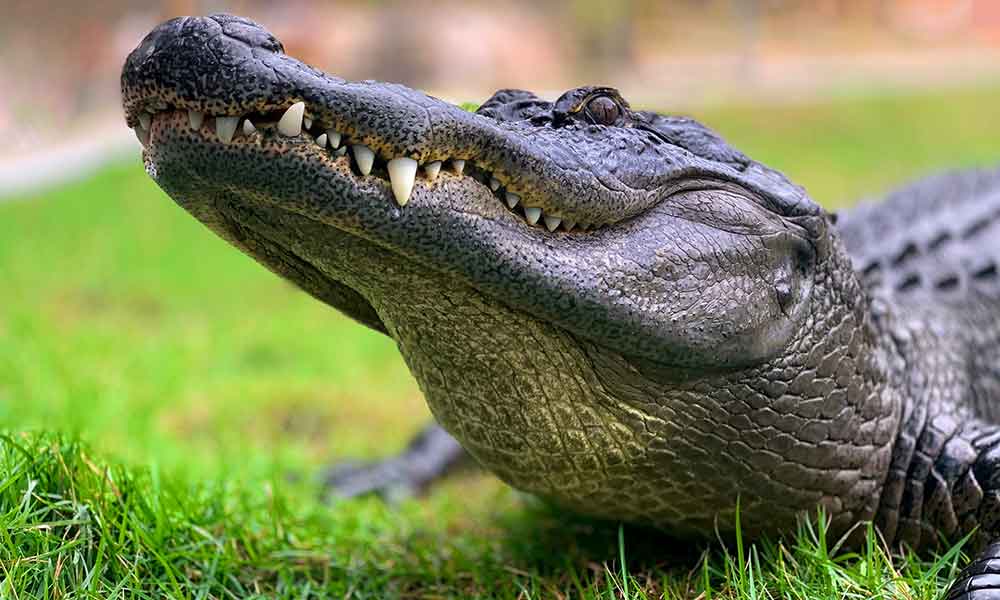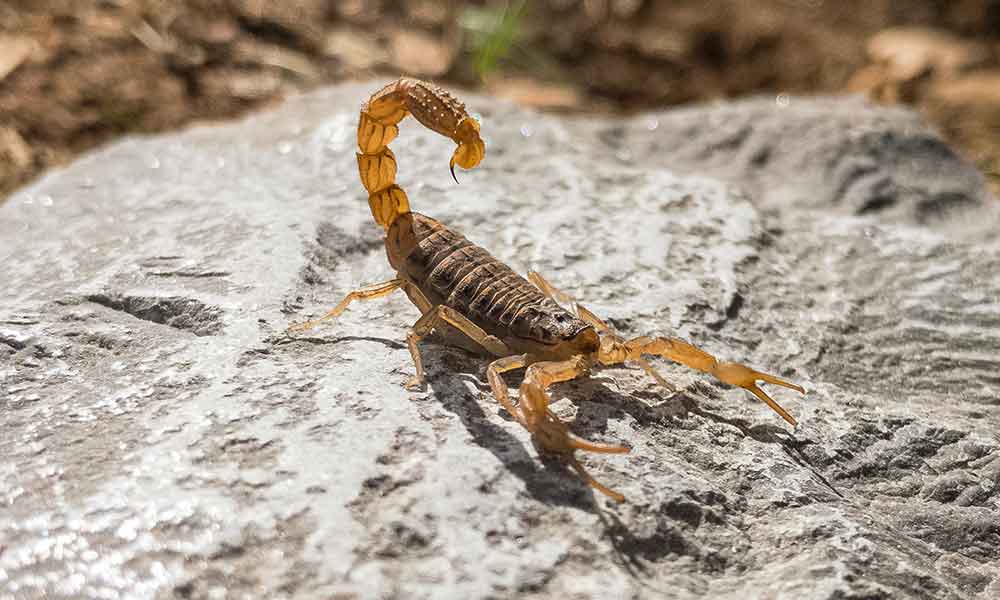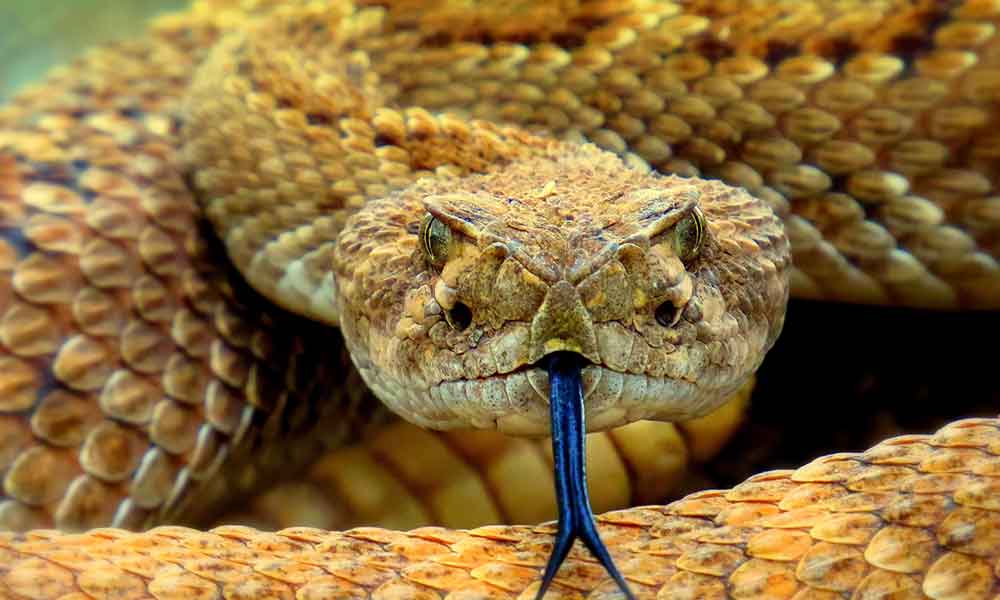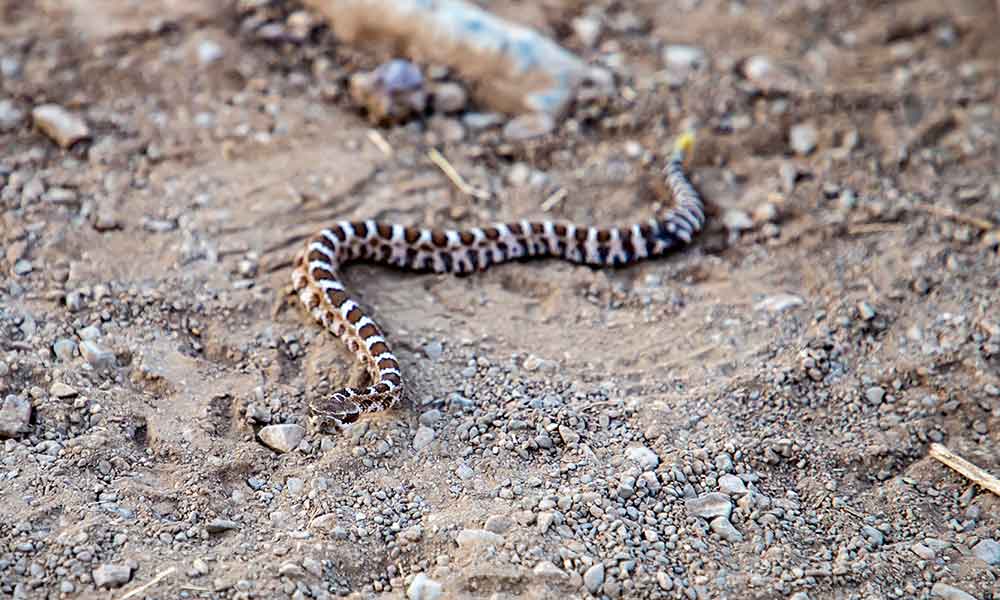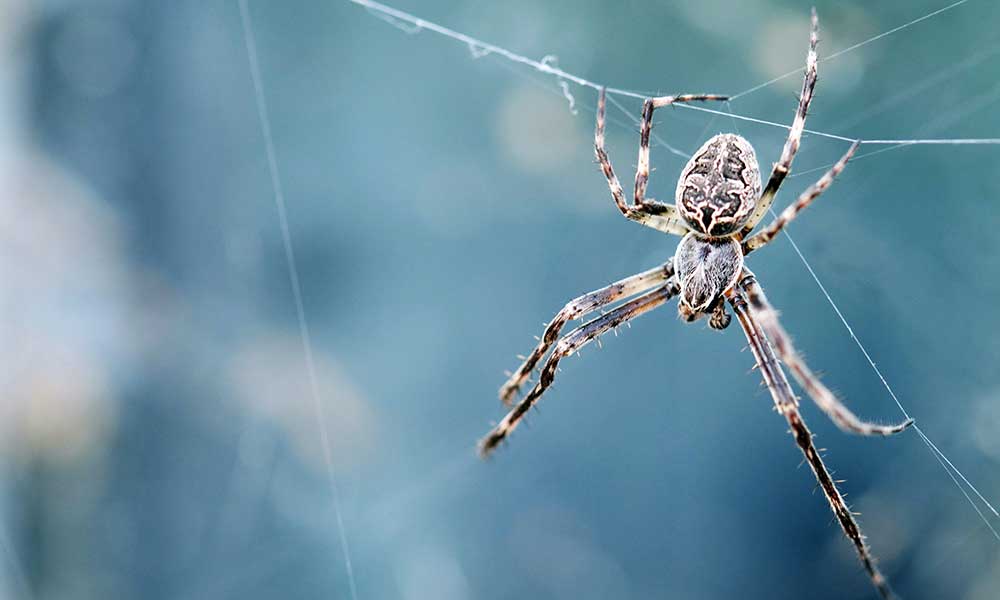When you think of alligators, you probably picture slow and lumbering animals. These prehistoric beasts don’t have a reputation for speed…but maybe they should.
Alligators can move much faster than you realize.
How Fast Can An Alligator Run On Dry Land?
Alligators can run in excess of 20 miles per hour. To put things into perspective, that’s faster than the average human!
There are a couple of important caveats, though.
Firstly, alligators can only reach these speeds in very short bursts. It would be like saying that Usain Bolt can run at speeds of more than 27 MPH just because he hit that number during the 60 to 80-meter mark of his world record sprint.
He certainly hit those speeds, but only for the briefest moments.
Also, just as Usain Bolt doesn’t represent all of humanity, a single alligator doesn’t represent all of its species.
Once you average things out, alligators typically reach speeds of around 10 miles per hour, and even then there are limits, as they prefer not to exert themselves for long periods of time.
Alligators are sedentary creatures. They hunt with explosive movements and take their prey down swiftly. If they have to chase an animal down over 50 meters or more, they’re more likely to give up and wait for another meal to come along.
How Fast Can an Alligator Swim?
Alligators swim a little slower than they run, typically reaching speeds of no more than 20 miles per hour. That won’t come as much consolation if you’re stuck in the water with one of them, though. After all, the average human swims at speeds of just 2 miles per hour. Even Michael Phelps only reached 6 MPH.
The good news is that the average alligator is probably not going to pay much attention to you in the water. As on land, alligators are sedentary creatures and prefer to move as little as possible.
Do Alligators Chase People?
It’s rare for alligators to chase people. Most alligator attacks occur close to the shoreline and are a result of people getting too close to them, often without realizing it.
An alligator may sneak up on you, but if you’re a fair distance away and start running, it probably won’t start chasing you.
What To Do If An Alligator Is Chasing You?
If an alligator chases you…run. They might be quicker than you in short bursts, but you’re quicker over long distances and as long as you’re not immediately taken down with the first surprise attack, you should be able to get away.
Don’t zig-zag. Run in a straight line. Zig-zagging will just slow you down and potentially put the alligator within reach. Sprinting in a straight line will allow you to escape quickly and ensure that the animal gives up before it gets near.
What Should I Do If an Alligator Attacks?
If an alligator attacks and you can’t escape, the best thing you can do is fight back. It’s not a fair or easy match-up, as alligators are strong, powerful, and aggressive ambush predators, but it’s the best chance you have.
Make a lot of noise and aim punches and kicks at the animal’s eyes until it releases you. As soon as you escape, run away, and seek medical help.
Why Might an Alligator Attack?
Alligators may chase people if they are hungry or protecting a nest. A hunting alligator may also seek to chase humans, but humans are not an easy meal and they’re not built for the chase, so it’s rare.
Can Alligators Run at 30 Mph?
Yes, some alligators run at speeds of up to 30 MPH. An adult alligator can hit such speeds on rare occasions, but as noted above, it can only maintain these speeds over very short distances.
Can Alligators Run As Fast As Humans?
In very short bursts, it is possible for alligators to exceed the speed of an average human. However, humans have agility and endurance. Humans are much nimbler and can maintain high speeds for longer periods. As a result, if an alligator is chasing you and gaining, you should be able to get away.
How Long Have Alligators Been Around?
There are two extant species of alligator, the American alligator (alligator mississippiensis) and the Chinese alligator (alligator sinensis). These species are part of the crocodilian genus and first appeared about 37 million years ago.
The crocodilian genus is even older, dating back over 95 million years. They are also related to the Pseudosuchian clade, which can be traced back 250 million years.
Chinese alligators are thought to have separated from American alligators about 33 million years ago.
Other Amazing Facts About Alligators
The surprising speed and age of these semi-aquatic animals aren’t the only amazing alligator facts. Just take a look at these:
Alligators Can Leap Five Feet
If you think that you’re safe by dangling on low-hanging branches and inspecting swimming alligators from a height, think again as alligators can jump!
These prehistoric creatures have been known to clear 5 feet. They jump to capture prey, exploding out of the water and snapping them from the air. It’s a pretty impressive sight, but it’ll quickly turn to terrifying if you’re the one on the end of it.
Alligators Can Climb
Alligators are very handy at scaling fences and ladders. They are not the best climbers, but if you thought that a simple fence could stop them, think again.
Take a look at this video to see one of these creatures in action. It shows an alligator scaling a fence in Florida in a video that will alarm homeowners across the Sunshine State.
Alligators Lose and Regrow Lots of Teeth
Alligators get through a lot of teeth in their lifetime. They will lose an average of 2,000 teeth, in fact.
They can have as many as 80 teeth in their mouth at any given time and lose these fairly easily, only to regrow new ones in their place.
Alligators are Great Mothers
A female alligator builds a nest for her eggs and guards it for over 2 months. The mother will continue to protect and care for her babies for several years after they leave the alligator nest.

